HotSpots H2O: First Covid Case Linked to Community Spread Rattles Gaza
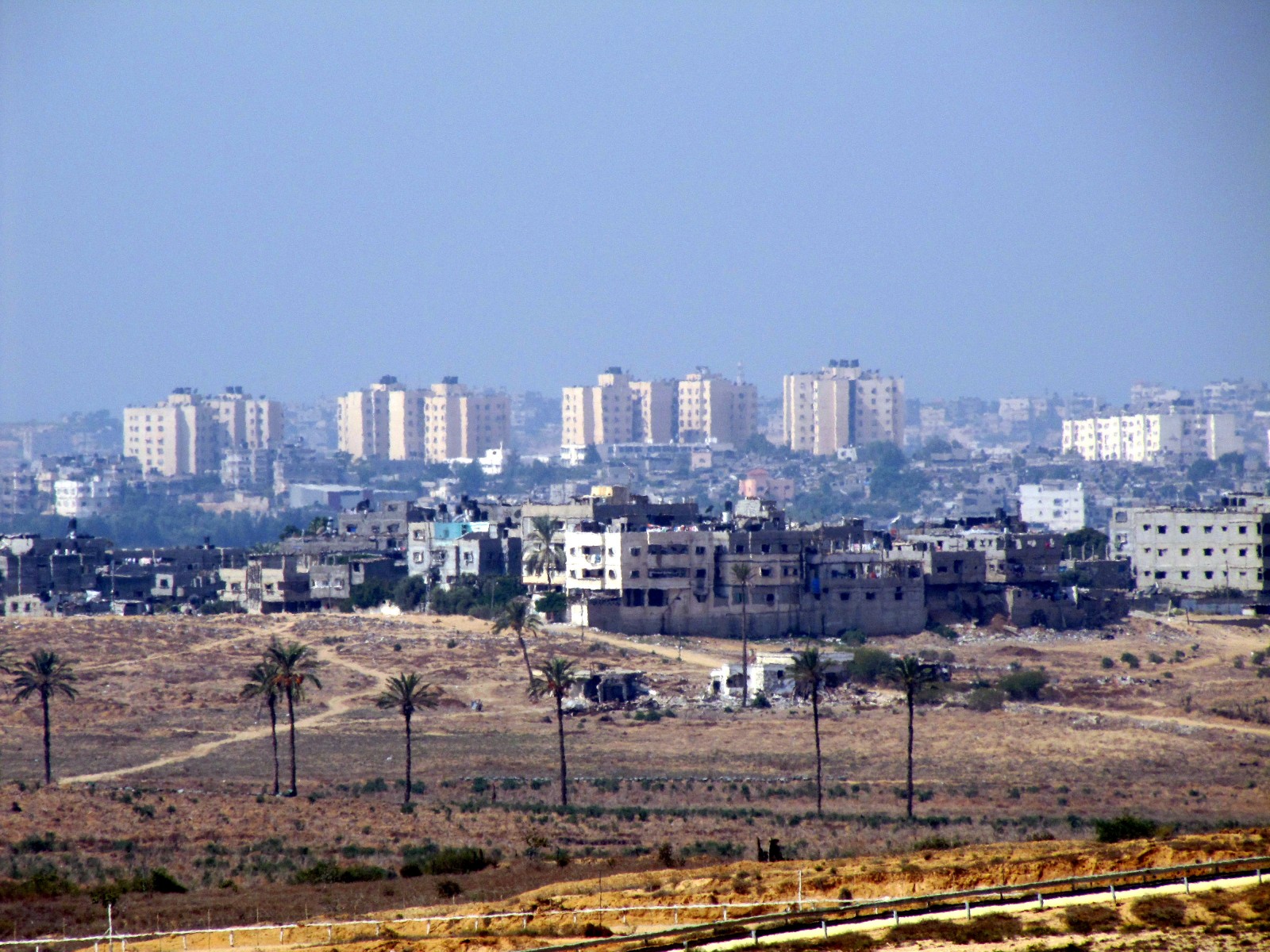
View of the Gaza Strip from Israel. © David Berkowitz
Gaza authorities announced last week the first Covid-19 case in the Palestinian enclave was spread through the community, raising fears that a larger outbreak might occur, the Associated Press reports. Earlier cases were linked to quarantine facilities for travelers returning from abroad.
Amid rising tensions, Palestinian militants sent incendiary balloons into Israel as a way to pressure the country to ease a blockade that has prevented medical supplies from reaching the territory. In turn, Israel closed Gaza’s only fishing area and commercial crossing, and launched airstrikes on targets linked to Hamas, the militant party that rules Gaza.
Health inequities, ongoing conflict, and a longstanding lack of adequate water in the Gaza Strip have left two million Palestinians intensely vulnerable to the Covid-19 pandemic. Jamie McGoldrick, UN humanitarian coordinator for occupied Palestinian territory, emphasized in March that the pandemic could be the tipping point for Gaza’s brittle healthcare system. “There is only so much you can stretch a system before it snaps,” Goldrick told the Jerusalem Post.
Gaza is a finger of land that abuts the Mediterranean Sea and is primarily home to refugees, most living in overcrowded and under-resourced camps. For more than a decade, the area has been under an Israeli and Egyptian blockade which has severely limited access to medical services and crippled the territory’s health and water infrastructure. These restrictions by its neighbors, taken in response to Hamas gaining power in 2007, have stripped Gaza’s economy, leading to unemployment, aid dependency, and poor hygiene and sanitation. Israeli military attacks over the years have damaged Gaza’s hospitals, ambulances, and health facilities. Some 147 hospitals and clinics were destroyed in these attacks between 2008 and 2014.
Since the new coronavirus reached the territory in March, the Israeli government and Hamas further limited movement in the region as a form of Covid-19 containment. Only a few cancer patients and those with severe health emergencies are allowed to leave, according to the World Health Organization. This has led to a 40 percent reduction in medical referrals and a 5 percent decrease in Israeli travel permits for sick patients. The territory currently has 135 Covid cases and three deaths.
Gaza’s shortage of clean water has weakened the country’s ability to contain the virus. More than 96 percent of household water is not potable. With no alternatives, residents often drink, wash, and cook with water that is salty and polluted. The coastal aquifer, Gaza’s main water source, is overpumped and polluted by sewage. Piped water is irregular and many residents must store supplies for the days that water or power is cut off, according to the Israeli Information Center for Human Rights in the Occupied Territories (B’Tselem). Those who can afford it buy bottled water, yet much of that is contaminated as well.
Buthaynah Abu Ghaben, a mother of seven from the a-Shati’ refugee camp in Gaza City, told B’Tselem that her family gets water only every two to three days. Power and water cuts occur and when water does come, it’s yellow and rust colored. They only use it for cleaning, bathing, and laundry and must buy drinking water from trucks. “I feel like it’s almost sewage, not even fit for animals to drink,” she said.
The average daily consumption in Gaza is 88 liters — less than half of the Israeli average — and almost a third of Gazan households are not connected to a sanitation system.
Earlier this month, Gaza’s single power plant shut down after Israel suspended fuel shipments. The facility, which was running six hours a day followed by a 10-hour power cut, might now operate only four hours a day. Construction materials such as cement or iron that could be used for military purposes are not allowed through the blockade. The prohibition has prevented repairs to water and sanitation infrastructure that was damaged during earlier skirmishes.
Benjamin Netanyahu, prime minister of Israel, has yet to ease the blockade on Gaza. In March, the former head liaison between Israel and the Palestinian Territories commented, “Israel cannot be blamed, Israel is suffering already from this virus.” If the country opened its borders to Gaza, the ill-prepared and stretched healthcare system would be able to accommodate only 5,000 cases.
Yet, according to the International Crisis Group, Israel has both overlooked its role in creating the current health crisis in Gaza and its responsibility as an occupying power under international law — a global consensus that Israel currently rejects. Medical supplies have been sent to Gaza from Israel via WHO, but were limited to some hundred testing kits and 1,000 protective suits. Gazan health facilities have only 100 ventilators, of which more than half are currently in use.
Elena Bruess writes on the intersection of environment, health, and human rights for Circle of Blue and covers international conflict and water for Circle of Blue’s HotSpots H2O.

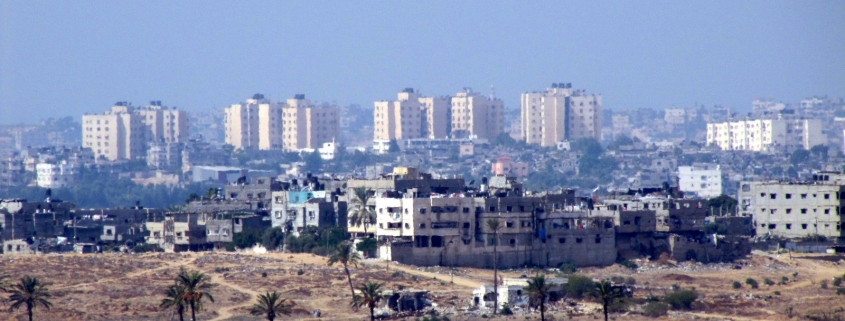
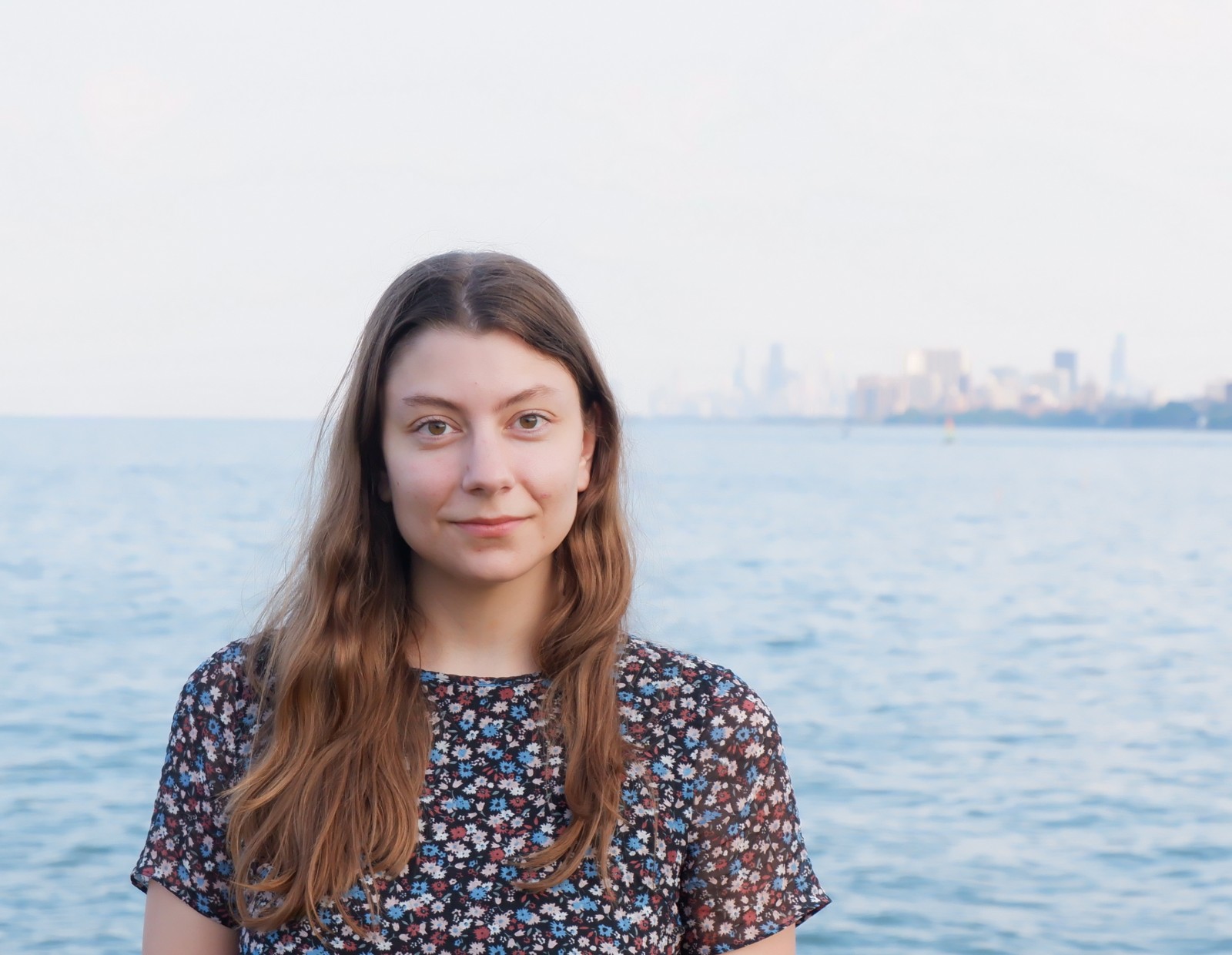
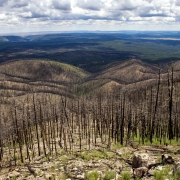
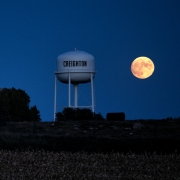

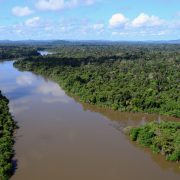
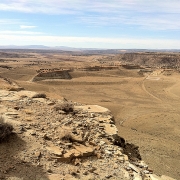
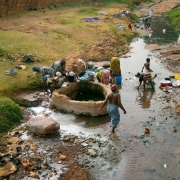



Leave a Reply
Want to join the discussion?Feel free to contribute!